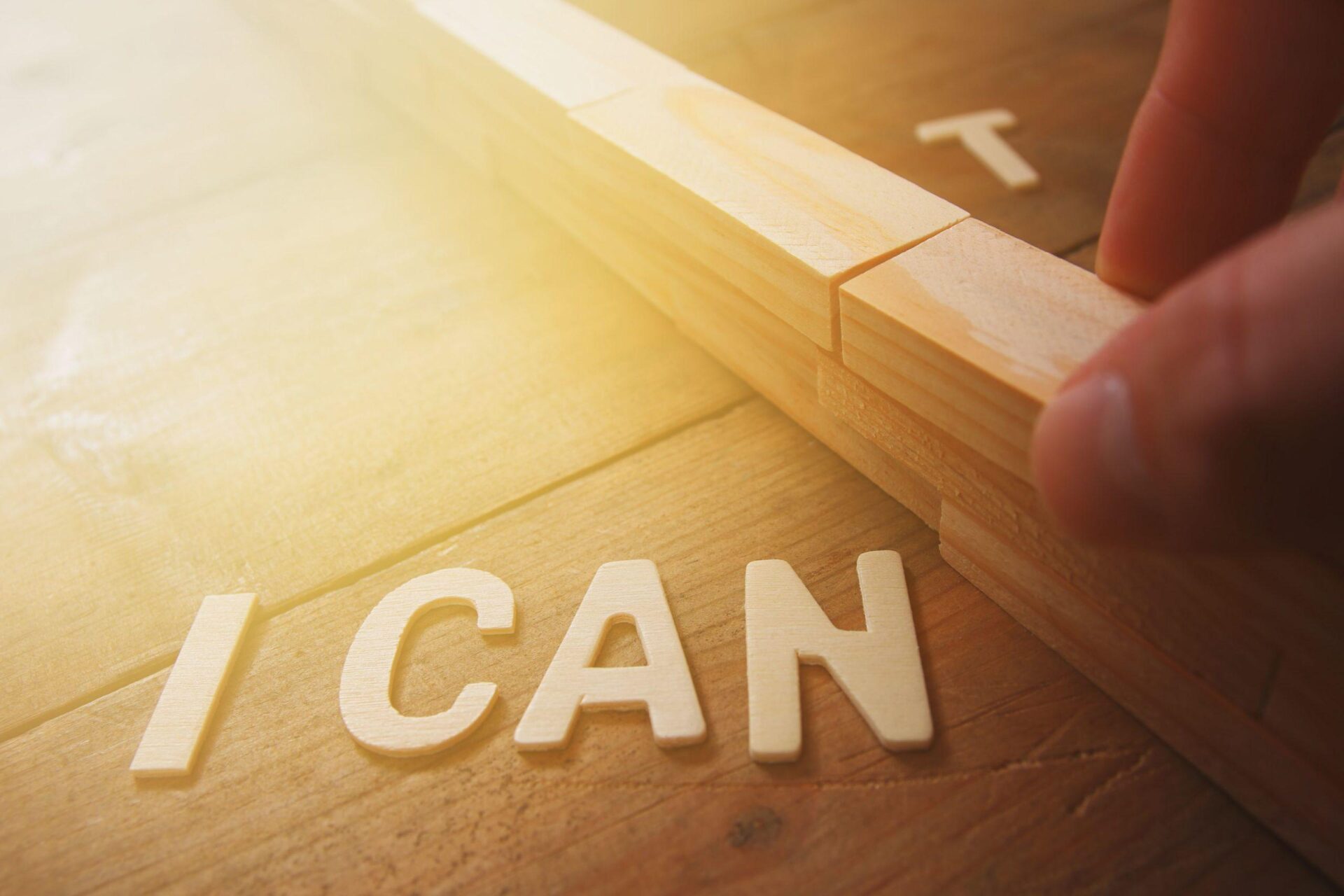Stop Feeling Sorry for Yourself and Bounce Back Stronger
- January 12, 2024
- 4 min Reads

Life is filled with difficulties and disappointments, which easily make us feel like losers. But on the other hand, staying in a state of self-pity means that we get nowhere. Instead of letting negative emotions get the better of one, it is important to settle down and come back stronger. We’re going to look at what self-pity is and show you ways of dealing with it that will see you grow like never before.
What is Self-Pity?
Feeling sorry for myself, being indulged in guilt, and feeling bad about the things that have happened before, all lead to being Self-pity. It is a very self-victimizing culture, constantly focused on one’s problems. Life becomes increasingly negative in outlook. To some extent, such moments are natural, but letting them persist is bad for both physical and spiritual health.
Dangers of Self -Pity
- Hinders Personal Growth
- Damages Relationships
- Negatively Affects Mental Well-being
It can prove to be very dangerous if you keep cursing yourself all the time. Check it out how
1. Hinders Personal Growth
The greatest danger of self-pity is that it stunts personal development. And when people are stuck in this cycle, constantly dwelling on their problems and obsessing over how they have been victimized by others, that is truly negative. They then cannot accept responsibility for their behavior and how to resolve the world’s obstacles. Rather than learning from difficulties and building up resilience, self-pity locks people into a helpless state.
2. Damages Relationships
Further, self-pity can undermine relationships. Always seeking others ‘sympathy and attention can rupture relations because it gives the sense that people only want to talk about themselves. The unending negativity can wear on friends and loved ones to the point where they may become overwhelmed or angry at him. Furthermore, self-pity often makes one insensitive to others so that individuals become wrapped up in their problems and do not see those of the people around them.
3. Negatively Affects Mental Well-being
Self-pity is bad for mental health. It engenders negative thinking and erodes self-confidence as well as self-esteem. A focus that is always on the problems and perceived failures can cause inadequacy, helplessness, and depression. Further, losing oneself in self-pity prevents people from getting help or taking action to correct matters–aggravating their mental health problems even further.
How To Bounce Back Stronger?
- Behave in a manner that makes it hard to feel sorry for yourself
- Recognize Warning Signs of the Downward Spiral
- Exchange self-pity for gratitude
- Build Mental Strength
- Help Other People
- Refuse to Complain
Explore the essential ways that can help you overcome all the negative hurdles and eventually get stronger.
1. Behave in a manner that makes it hard to feel sorry for yourself
Taking action is an effective way to get out of the trap of self-pity. Do things that prevent you from wallowing in negative feelings. Set goals, form a routine, and improve yourself. By putting your energy into work for life, you can change the way you think and take back control of your destiny.
2. Recognize Warning Signs of the Downward Spiral
Negative thoughts and behavior are often self-pity. One needs to take heed of these warning signs and nip them in the bud. Observe your self-talk and become conscious of any negative trends. When you find yourself falling into self-pity, consciously turn your attention from defeatist thoughts to upbeat and empowering ones.
3. Exchange self-pity for gratitude
Gratitude is an antidote to self-pity. Rather than dwelling on what you don’t have or went awry, think of all the things for which you are thankful. Take a few moments at the end of every day to think about your blessings. An attitude of gratitude Advent will teach you to appreciate what life has given you and allow you to feel more positive.
4. Build Mental Strength
Having a strong mind is key to overcoming adversity. Cultivate resilience by re-interpreting bad experiences in a positive light. Turn every challenge into a learning experience, and turn that growth into strength. Keep positive, encouraging people around you to keep your motivation and focus in check.
Additional Read
5. Help Other People
Another way to redirect yourself away from self-pity and towards being of help is helping others. Spend your time, lend an ear, or give a hand to those who need help. Through such things as helping others, you will acquire a sense of achievement and purpose, which can easily curb feelings of self-pity.
6. Refuse to Complain
Complaining only perpetuates self-pity. Instead, consciously rid yourself of complaining. Instead of problems, let us focus on solutions. Practice reflection and look for negative patterns or ways of thinking. And through not complaining, you can escape self-pity and be open to the world.
Final Thoughts
When bad things happen to us, naturally, we feel sorry for ourselves. But if you spend too much time wallowing in self-pity, it will hold you back from reaching your true potential. By following the line of attack presented here, you can get right back on your feet.
Wiping out self-pity and adopting gratitude Armed with this strength, don’t worry about assisting others. What do we tell them after they are down? No, my friend! The key is toughness, thankfulness, and personal development. When you put all that together, success will be within your reach.



